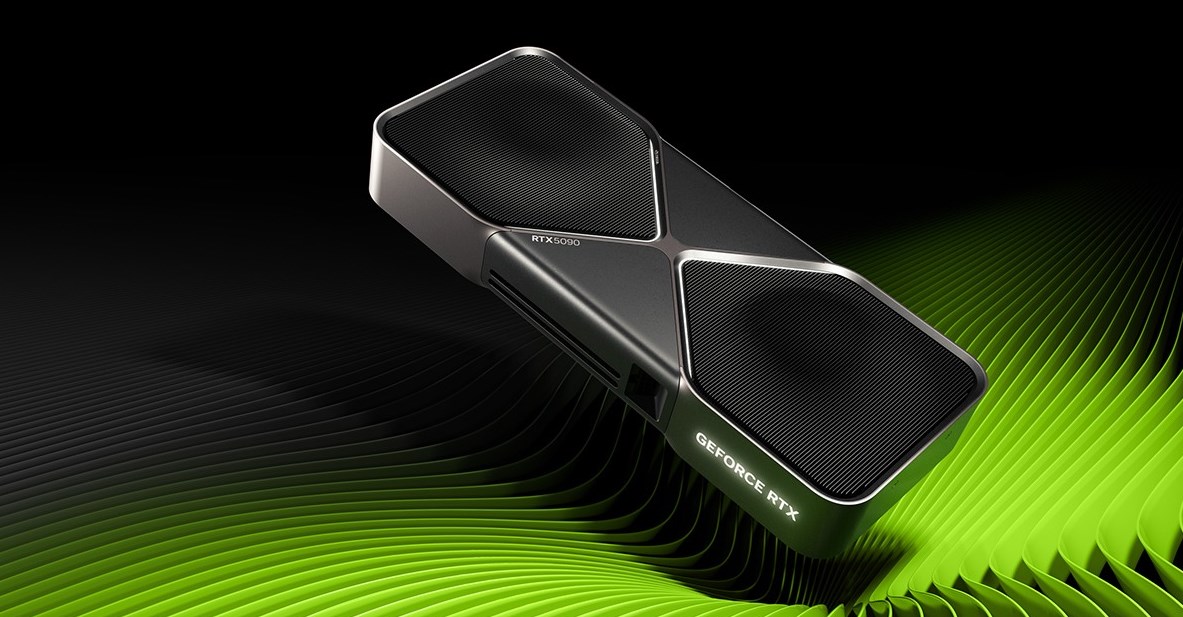Nvidia confirms RTX 50 Series “production anomaly has been corrected”

Table of Contents
The launch of Nvidia's RTX 50 series of graphics cards has not exactly gone smoothly. Amidst concerns over melting connectors and resellers driving sky-high prices, Nvidia now faces issues surrounding a manufacturing issue that has seen a number of GPUS (0.5%) affected by missing ROPs. Nvidia hopes that this is just a teething problem, and has announced that the root issue has been resolved.
Some high-end graphics cards from Nvidia's newly launched RTX 50 ‘Blackwell' series were apparently shipping to users without the full complement of ROPs. Nvidia said that only a very small number of shipped units were affected by this problem, and went on to confirm that the root cause had been identified and resolved.
“The average graphical performance impact is 4%, with no impact on AI and Compute workloads. Affected consumers can contact the board manufacturer for a replacement. The production anomaly has been corrected.”
Nvidia’s ROP manufacturing issue is now resolved
ROPs, or Raster Operation Pipelines, are also sometimes called Render Output Pipelines or Render Output Partitions. They are part of the graphics card that loads information into VRAM and handles specific operations such as some types of antialiasing.
An RTX 5090 GPU should come equipped with a total of 176 ROPs, while a 5080 will have 112 and a 5070 Ti will have 96. An issue cropped up amongst a small segment of users where their cards were not showing the correct complement of ROPs. For example, on RTX 5090 owners were only getting 168 ROPs showing. Nvidia's figures suggest that only 0.5% of cards have been affected by this problem.
According to Nvidia, with the manufacturing issue now resolved, any graphics cards shipped to customers after this point should not suffer this issue. Users unlucky enough to be affected by the problem can request a replacement and expect a fully functional card in return.
So far, the RTX 5090, 5080, and 5070 Ti have been reported to be affected. Customers who are concerned they might be affected can use the GPU-Z tool from TechPowerUp to check. This tool will directly poll the hardware to provide a clear picture of if your card is affected.